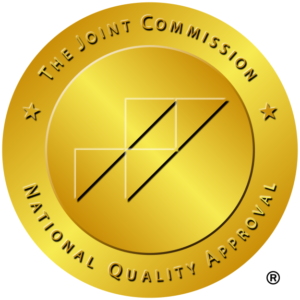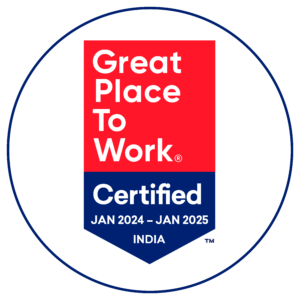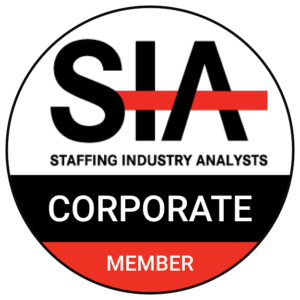How To Do Job Search During COVID-19
The economy was booming a few weeks ago, unemployment was at an all-time low and there were plenty of job opportunities. As with everything else in our lives, the pandemic has significantly affected the landscape of jobs. What would you do if you find yourself in the middle of a career search? Let’s look at the realities of job quest today, and the steps you should take to continue going forward.
If you were a work seeker a month ago relative to today’s job seeker, you’re looking at a very different landscape. It has been a candidate-driven market for years but the pandemic has created unrivaled volatility in the economy. Although several companies are in a hiring freeze and some are cutting jobs, some businesses are growing their recruitment efforts to fill vital positions.
You may have been talking of changing jobs when the pandemic struck our country or maybe your work search was already underway. Here are things you must bear in mind now:
1. Companies are still recruiting
Yeah, there are groups of businesses, sectors, or places that have come to a standstill. On the other end of the continuum are other groups that can not find potential fast enough, such as education. There are plenty of businesses in between that also need to recruit talent. Note, several businesses had been grappling with a serious shortage of resources prior to the pandemic. The method will be different and it may take longer, but smart businesses are going forward with vital positions being recruited, realizing that this economic downturn will not last forever.
2. It’s now a virtual process
Most of the companies used phone interviews as a daily part of the process; video interviews are now the norm too. Industries are practically now onboarding new recruits.
3. It’s taking time
For a lot of factors, the job search will be taking longer right now. Firstly, some companies take their time. There is a lot of confusion on when the economy will start to recover and we see businesses that still want to recruit, but their sense of urgency isn’t as strong as it was a couple of weeks ago.
Most businesses are still dealing with the transition to work-from-home, remotely managing employees, and the organizational processes they need to change in order to maintain essential business operations. As recruiting managers job seekers need to be cautious and versatile to deal with different business challenges. Patience is greater than ever.
4. Consider how urgent your search is
If you can afford to put your job search on hold, you may want to wait it out, because it might be difficult to get on the radar of a hiring manager right now. Think about how to make your work more palatable if you are already in jobs.
Although the COVID-19 pandemic has hit many sectors and will continue to hit them hard, others are still recruiting. If you’re unemployed and need a stopgap, consider searching there or somewhere else you can find an opportunity that makes sense to you and is paying the rent while simultaneously putting food on the table.
5. Look for professional groups to join
Look for professional groups to join on Facebook and LinkedIn. Both platforms provide a wide variety of community choices for each career. For example, if you’re looking for a job in marketing, you could join the Global Marketing and Communications Professionals community at LinkedIn. Join in the conversation, post, and comment, and make yourself visible. Just be sure to keep the conversation professional by posting relevant articles and chiming in on topics that allow you to demonstrate your expertise.
6. Learn new skills
It is now the best time to focus on improving your qualifications. Analyze job requirements by listing every skill and experience you need. Then ask whether you have the exact ability, whether you have the ability but have not used it in a couple of years, or whether you lack the ability altogether. Use the knowledge to decide whether you need to brush up to become an even better candidate once the work market gets back on track.
For example, if you apply for IT developer positions the listing would probably require coding experience. Being accredited in one or both of these will highlight your resume.
Conclusion
It is important to concentrate on what you can manage during an economic recession and strengthen your skills and reach out to your network. Now you can set the groundwork so that when the crisis is over you have opened doors and rekindled relationships Job Search.














